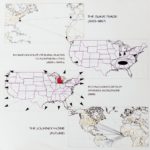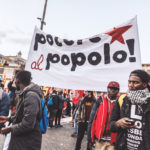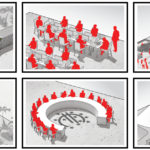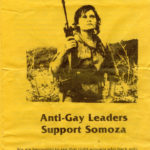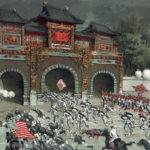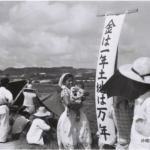
Is there a war “on” the body of women?: Finance, territory, and violence
There was thus a transversality to the political composition of the strike (unions, grassroots territorial organizations, queer collectives, student groups, health centers, migrant collectives, self-organized individuals, etc.). There was also an intersectionality of problematics that were able to make a concrete critique of renewed forms of capitalist exploitation, through their focus on labor.
 Viewpoint Magazine
Viewpoint Magazine
